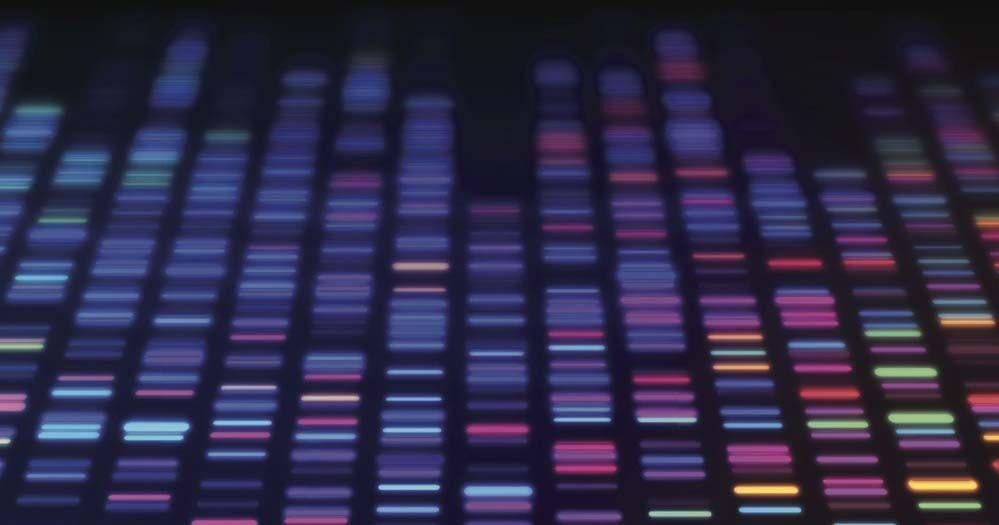Does heart disease or cancer run in your family? MUSC researchers have created a program to identify whether you’re at an increased genetic risk for developing these conditions.
Dr. Daniel Judge
The top two causes of death in South Carolina are heart disease and cancer. While many factors can contribute, inherited differences in our genes certainly play a role. Just a few years ago, the possibility of looking at DNA to identify an inherited risk of cancer and heart disease was very complicated and expensive. Now, MUSC’s In Our DNA SC program provides some DNA results for free. It’s focused on genes involved with high cholesterol and a few types of cancer. These conditions were chosen based on their “actionability.” Even if cancer or early heart disease doesn’t run in your family, you may still have a genetic tendency.
High cholesterol levels contribute to blockages in the arteries, particularly in coronary arteries. Four genes are tested for abnormalities that can cause high cholesterol levels and increase your risk of developing a blockage. The discovery of an abnormality in one of these genes means that you can change your habits, or even start medicine, to lower your risk. MUSC has cardiologists who focus on preventing heart disease.
People who sign up can find out if they have an abnormality in genes involved with hereditary breast and ovarian cancer, BRCA1 and BRCA2. Identification of a tendency to develop breast or ovarian cancer can help women get earlier mammograms or other screening tests to prevent cancer. Men can also carry an abnormality in these genes, increasing their risk for prostate cancer and other forms of cancer. In addition, MUSC provides results for five genes related to Lynch syndrome, which includes colon cancer. If you find out that you have an abnormality in one of these genes, earlier use of testing, like colonoscopy, can help doctors to identify and remove colon polyps before they turn into cancer.
The In Our DNA SC program started in early 2021. MUSC physicians are providing this free testing to around 100,000 people, and they’ve enrolled over 86,000 people so far. Approximately one out of every 70 participants has an abnormality in one of these genes. Everyone who has a positive result through this program is offered a free virtual appointment or phone call with an MUSC genetic counselor who can guide them in the next steps.
By signing up, you would be providing a DNA sample for research, too. Your name and other identifying information would be removed, but your medical diagnoses can be linked with your DNA to help researchers to find connections. This is particularly true for conditions that are not well understood, helping doctors to diagnose and treat them better.
One more potential benefit is that doctors can use this information to individualize prescriptions. Certain genes regulate how you process medicines. People whose metabolism is a little different might have worse side effects with one version of a medicine and do well with another. Without genetic information as a guide, doctors simply guess what medicines are right for you. If your DNA were analyzed through this program, your doctor may soon be able to order more testing to guide choices in your medications.
Looking to the future, MUSC hopes that the In Our DNA SC genomic screening program will revolutionize health care in South Carolina. Finding a risk for cancer or heart disease and lowering its risk before it happens is a top priority. At the same time, research and gene-based medicine selection are other expected benefits. Learn more at inourdnasc.org.
A cardiologist and translational scientist, Dr. Daniel Judge is the director of MUSC’s Cardiovascular Genetics program and the fellowship director for Cardiovascular Disease at MUSC Health.

